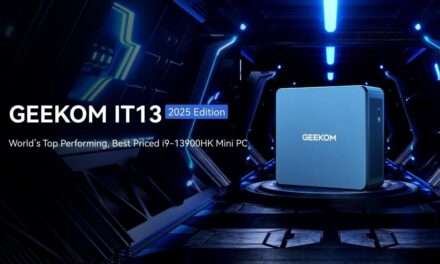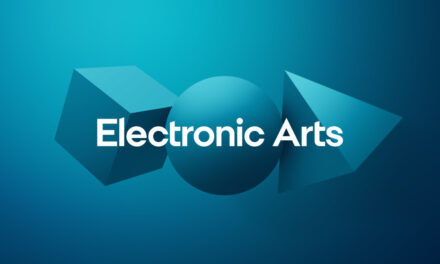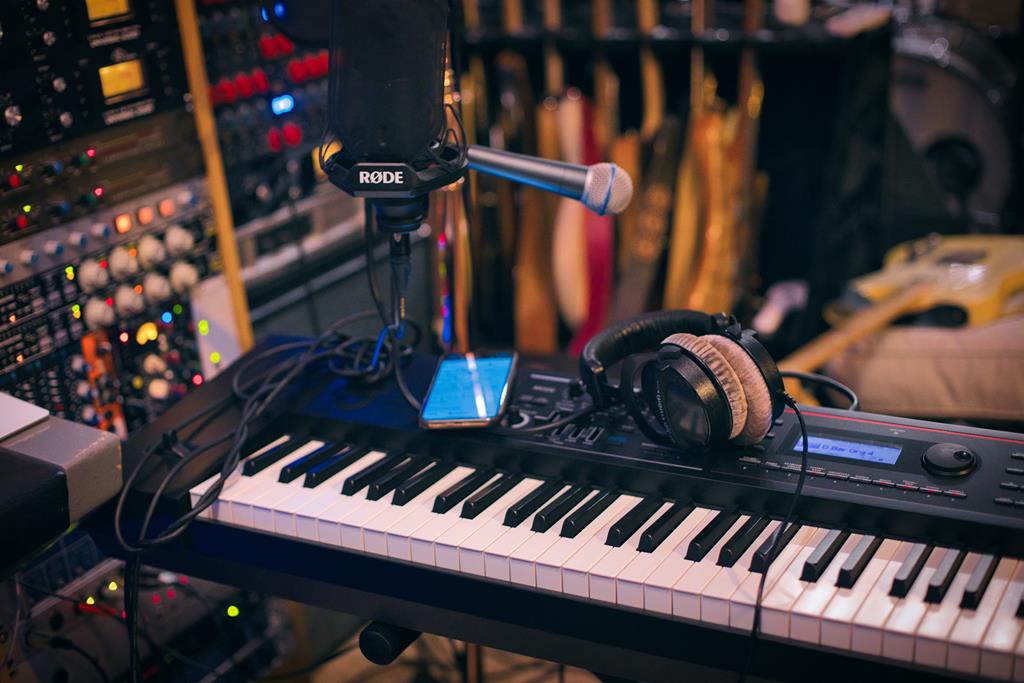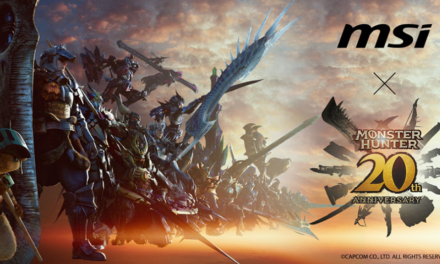
Exploring the Latest Technology in Music Production
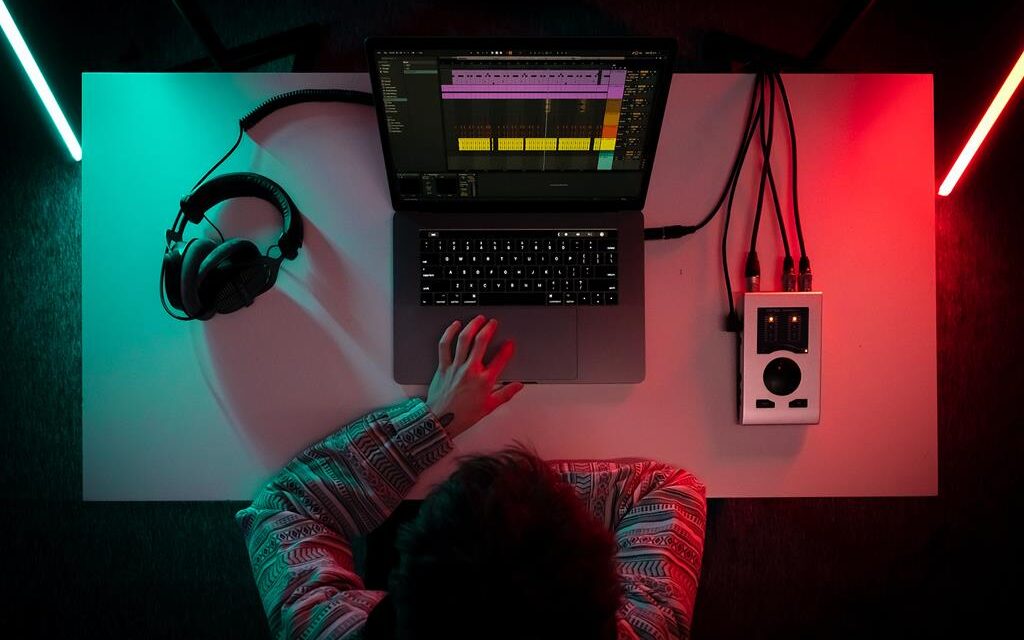
Technology has played an important part in developing the music sector throughout time. Just think about how far we’ve come from the phonograph and analog tape recorders to today, with digital recording software and online streaming services. The music industry has been profoundly affected by the fast growth in digital technology during the last two decades.
Music production has been revolutionized by modern technology. Film composers may now work from the comfort of their own homes. Live concerts are a great way for musicians to connect with fans all around the globe. A record agreement isn’t necessary for songwriters to make albums and distribute them on digital distribution and streaming services. Knowing the ins and outs of the contemporary music industry and music technology is essential for every music enthusiast. We decided to write this post to share some of the cutting-edge tools available for music production.
Artificial Intelligence
You probably saw this one coming a mile away, but it wouldn’t be a piece on music tech developments if we didn’t include artificial intelligence. Since this is a dynamic field, we will restrict our discussion to current developments. The ability to create AI music won’t be able to completely replace musicians any time soon, but it may certainly make their jobs simpler in the meantime. By feeding it a theme, an outline, or any other specifics you may supply, ChatGPT can create a good framework for your work, even if you lack expertise as a lyricist or performer.
In order to get beyond any first creative humps, it helps to be better and more specific when creating prompts, which in turn leads to better lyrics being returned. These lyrics probably won’t be outstanding, and it’s smart to keep things unique, but this may help get you started. From there, you may have your words sung by an artificial intelligence vocalist plugin like Dreamtronics’ Synthesizer V; although a human singer is always preferable, this tool can come in handy in an emergency.
Lots of other plugins already use AI, notably “intelligent” mixing and mastering tools that can instantly compare your songs to a library of reference recordings and apply those comparisons as mixing choices. The time it takes to complete your tracks may be drastically cut with the help of any number of proven solutions in this space.
Digital Recording and Production
With today’s digital recording and production tools, musicians and audio engineers have more creative freedom than ever before. Incredibly precise editing capabilities, such as time stretching, pitch shifting, and other sound manipulations, are made possible by digital audio workstations that allow artists to change audio both before and after it is taken. Multiple takes may be recorded, processed, and blended together to form a single coherent sound; this is made possible by the digital nature of recording and production.
Audiovisual Programming
The creation of music videos has become an integral aspect of today’s music business. The official music videos of musical productions benefit from more sophisticated and feature-rich video editing software. Great hits locate synonyms in this software for installing audio and video conferencing communication technologies. It also contains cutting-edge computer upgrades for showing a movie or audio in a particular location or communicating with others remotely.
Multimedia Experience
Technology has given musicians the ability to create music that is more than simply an acoustic experience; rather, it is an all-encompassing multimedia journey. Visuals may be incorporated into musical performances by musicians via the use of techniques such as video projection mapping and live-streaming footage of their performances in real time. In addition, some artists have begun to incorporate virtual reality (VR) technology into their performances in order to provide the audience with the opportunity to see a show in an atmosphere that is wholly immersive and makes them feel as if they are truly a part of the music!
Synthesizers and Samplers
With the use of synthesizers and samplers, musicians may create completely new sounds or modify old ones in ways that were previously impossible using just conventional instruments. Artists may use these technologies to create sonic textures and compositions that would be impossible to achieve with acoustic instruments alone. Moreover, producers have greater leeway in creating the desired sound since synthesizers provide precise manipulation of parameters including attack, decay, sustain, release (ADSR), and frequency modulation.
Musical Instrument Digital Interface (MIDI)
Since the invention of MIDI, it is no longer necessary to include a complete brass band on a recording in order to get the desired impression. Songwriters now have the capacity to build complicated arrangements with the help of music production software. This provides musicians with greater flexibility to express their creativity and the opportunity to work with instruments they may not have had access to or the ability to utilize in the past.
Home Recording Studios
For a long time, music technology has been geared toward home studio musicians who want to replicate professional studio results. Studios, meanwhile, are now trending toward the bedroom. The trend of releasing plugins that attempt to simulate the ambiance of well-known professional recording studios is likely to persist and evolve in the years to come. Bet everything on expensive gear is a thing of the past since the gap between the very minimum required for a solid setup and the equipment used by experts is less than it has ever been.
Focus on what makes you unique and run with it in 2023; as quality becomes more accessible, the musical landscape is only going to get more diverse in terms of style, arrangement, composition, and all the more creative parts of music.
Innovative technology and forward-thinking concepts are driving the bright future of music production. While augmented and virtual reality are revolutionizing the music industry, artificial intelligence is boosting productivity and invigorating the creative process. Artists from all around the globe may now work together and share ideas in new ways because of cloud-based collaboration. If they take advantage of these changes, music producers may help influence the future of the business and release their full creative potential.










